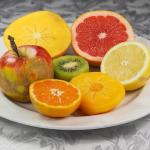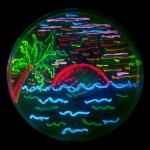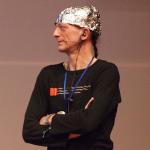The internet can be a confusing place. A five-minute Google search for nutrition advice is perhaps the best illustration of this fact. Allow me to demonstrate with a classic example. Do GMO crops cause cancer?
junk science
The Facebook page "I Fu**ing Love Science" became an internet sensation a few years ago, largely because it had nice graphics, engaging headlines, and liberal use of the F word.
Fox News's Tucker Carlson doesn't know much about science, technology, or public health, but he definitely has an opinion about them. And he knows a conspiracy when he sees one.
Every decent science writer has, at some point in his or her career, been called a "corporate shill." It's a rite of passage.
Some scares never go away no matter whether there is a remotely plausible basis for the scare (maybe asbestos in talc) or pure insanity (vaccines causing autism).
How's this for irony? The Center for Science in the Public Interest (CSPI) is headed by a medical doctor, yet their latest fundraising letter is full of junk science, bogus health claims, and medical misinformation.
We are swimming in an ocean of B.S. And despite the fact that more people have access to more knowledge and information than ever before in human history, the problem seems to be getting worse.
In his Farewell Address, President Eisenhower warned of the military-industrial complex, a partnership between the military and defense industry that was financially incentivized to promote war over peace.
The anti-GMO movement is bizarre in so many ways.
It's official. Scientific American will publish absolutely anything.












